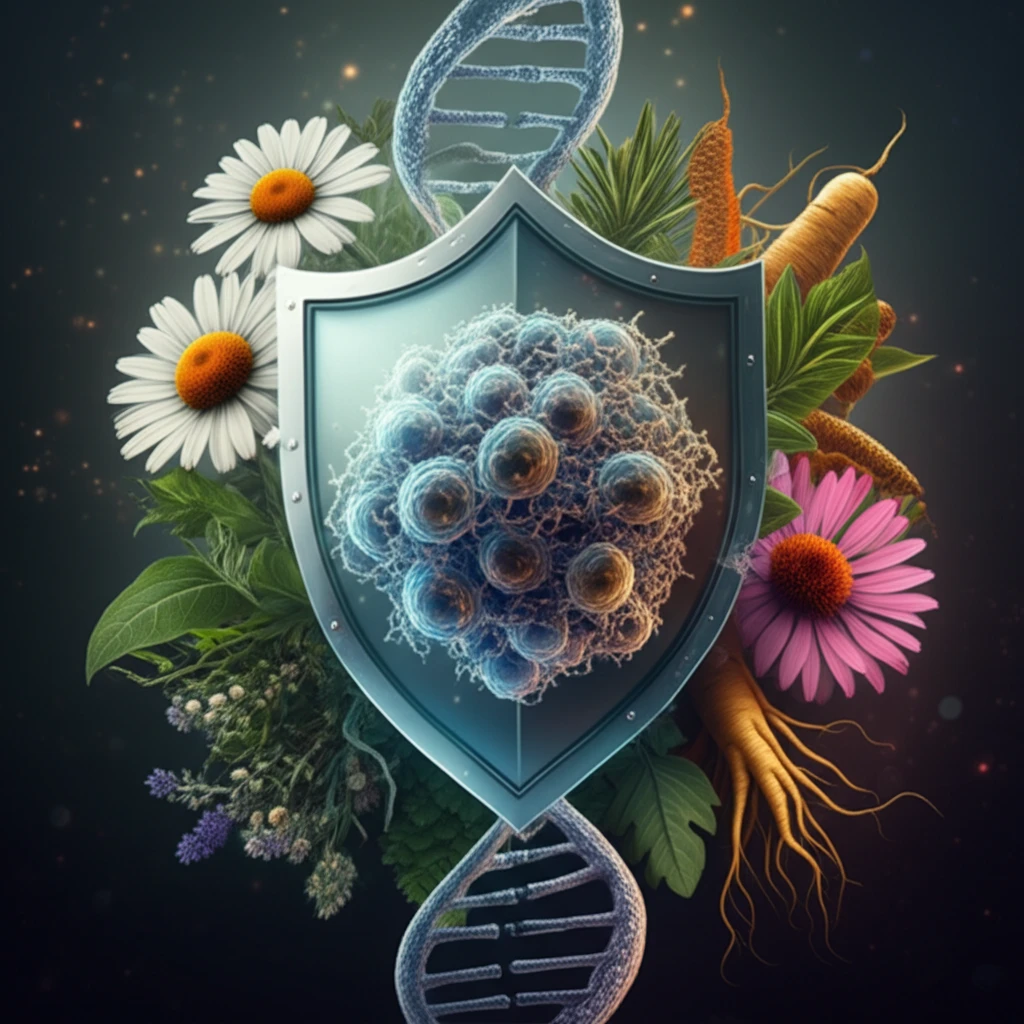
Unlocking Nature's Shield: Can a Traditional Herb Fight Cisplatin's Side Effects?
"Discover the Potential of Tribulus Terrestris in Protecting Against Chemotherapy-Induced Damage"
Cancer treatment, while life-saving, often comes with a harsh reality: debilitating side effects. Chemotherapy drugs, like Cisplatin, target cancer cells but can also harm healthy tissues, leading to a range of complications. But what if nature offered a helping hand? This article delves into a fascinating area of research exploring the potential of Tribulus Terrestris, a traditional herbal remedy, to mitigate some of these adverse effects.
Tribulus Terrestris, known for centuries in traditional medicine, has shown promise in various health applications. This study focuses on its potential to protect against Cisplatin-induced damage, specifically in the context of germ cell apoptosis—a type of cell death that can affect fertility. We'll explore the science behind this, the research findings, and what it might mean for future cancer treatment strategies.
The goal is to provide insights into a potential avenue for reducing the impact of Cisplatin, offering a ray of hope for those undergoing this challenging treatment. This exploration is rooted in scientific inquiry and presents information in a way that is accessible and informative.
Understanding Cisplatin's Impact and the Role of Apoptosis

Cisplatin is a cornerstone of chemotherapy, widely used to combat various cancers. However, it's a double-edged sword. While effective against cancer cells, it can trigger cell death (apoptosis) in healthy tissues. This is where the challenge lies: minimizing harm to the body while maximizing the drug's cancer-fighting capabilities. The side effects can be significant, ranging from nausea and fatigue to more serious issues affecting organs and fertility.
- Cisplatin's Mechanism: How it triggers cell death in healthy cells.
- Apoptosis Pathways: The biological processes involved in cell death.
- Germ Cells: The specific cells affected by Cisplatin, and the implications for fertility.
- Gene Regulation: The role of genes like p53, bax, and bcl-2 in the process.
The Future of Combining Nature and Medicine
The study suggests a promising role for Tribulus Terrestris in supporting patients undergoing Cisplatin treatment. As research continues, exploring the synergies between traditional herbal remedies and modern medicine offers exciting possibilities for improved patient outcomes. Further research is needed to fully understand how Tribulus Terrestris works and to determine optimal dosages and applications. The potential to lessen the burden of chemotherapy side effects points towards a hopeful future where treatments are not only effective but also gentler on the body.
